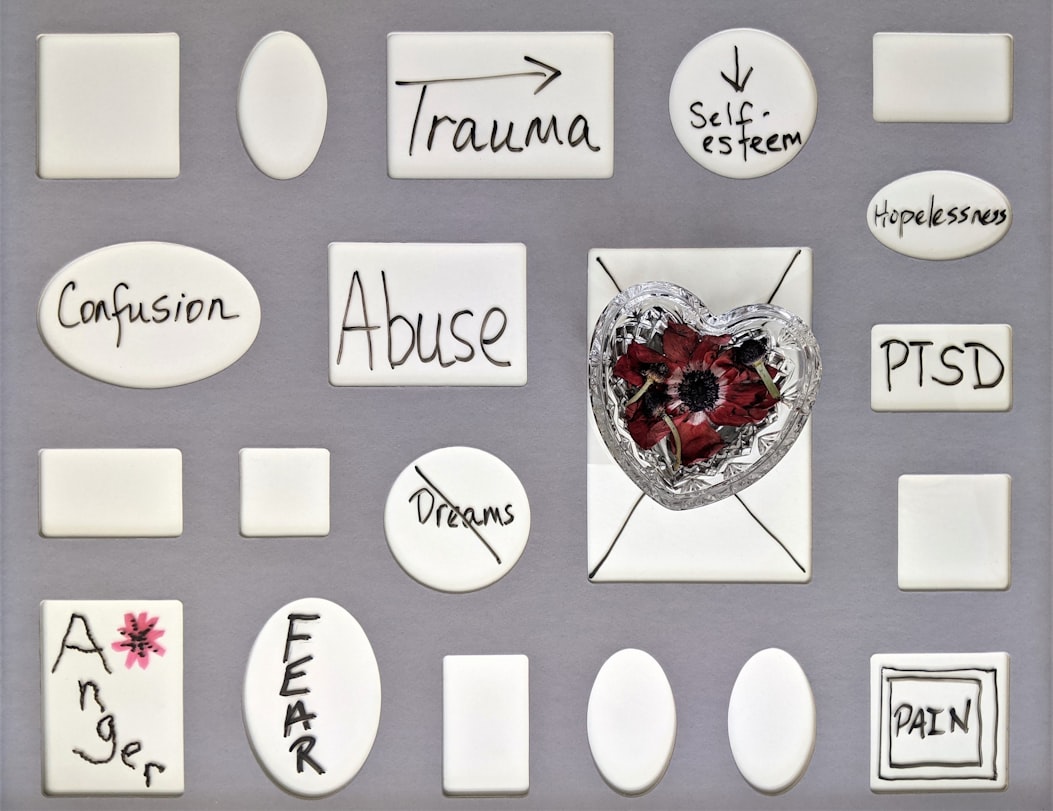What Is Trauma And Who Does It Impact?
Trauma is a psychological reaction to a terribly upsetting or upsetting occurrence, as a violent crime, a natural disaster, or an auto accident. Additionally, exposure to stressful or hazardous events over an extended period of time, such as experiencing physical or sexual abuse or residing in a war zone, can cause trauma.
Trauma may have severe, lingering impacts on a person's health, both emotionally and physically. Trauma-related emotional symptoms might include depressive, anxious, or angry moods as well as memory, attention, and sleep problems. Fatigue, headaches, and changes in appetite or weight are examples of physical symptoms.
Relationships, a person's sense of safety and well-being, and their sense of well-being can all be significantly impacted by trauma. Trauma survivors may feel alone, untrustworthy, or find it difficult to sustain good relationships. Additionally, they could suffer with emotions of shame, guilt, or self-blame as well as a sense of powerlessness or loss over their life.
Trauma may impact people of all ages, but it is more prevalent in children and adolescents because they may lack the tools or coping mechanisms to handle their anguish. Traumatized children and adolescents may display a variety of behaviors, such as aggression or destructive behavior, withdrawal, or changes in academic performance.

Trauma may be treated in a variety of ways, and the best course of action will depend on the requirements and circumstances of the individual. Typical trauma treatments include:
Cognitive-behavioral therapy (CBT): CBT is a sort of counseling that assists patients in recognizing and altering unfavorable thoughts and actions. It can be helpful in teaching trauma survivors how to control their feelings and behaviors as well as how to cope.
Guided eye movements and other techniques are used in eye movement desensitization and reprocessing (EMDR), a type of treatment used to help people process and deal with unpleasant experiences. It has been demonstrated to be successful at lessening the severity of traumatic memories and accompanying symptoms.
Cognitive-behavioral therapy with a focus on trauma (TF-CBT): TF-CBT is a form of treatment created especially for children and adolescents who have suffered trauma. To assist young people in processing and coping with their experiences, it incorporates components of CBT and other treatments.
Medication: In some circumstances, trauma-related symptoms including anxiety, sadness, or sleep issues may be treated with medication. The choice to take medication should be made in cooperation with a healthcare professional and should be done in addition to treatment.
People who have gone through trauma should get help and therapy as soon as they can. If trauma is not handled, it can have long-lasting impacts, so getting treatment can help people heal and go on with their life. For those who have gone through trauma, there are many options accessible, such as counseling, support groups, and crisis hotlines.

